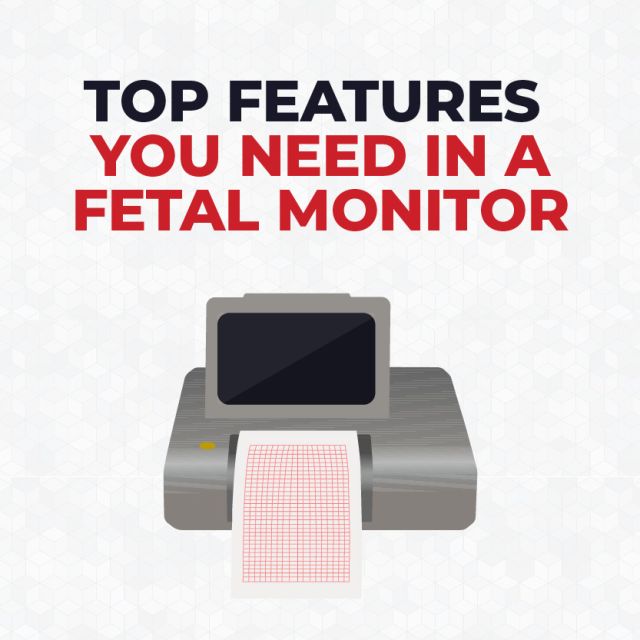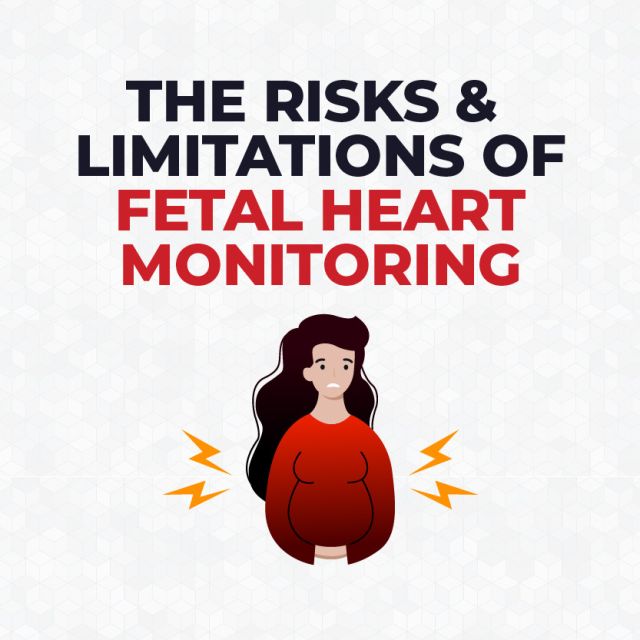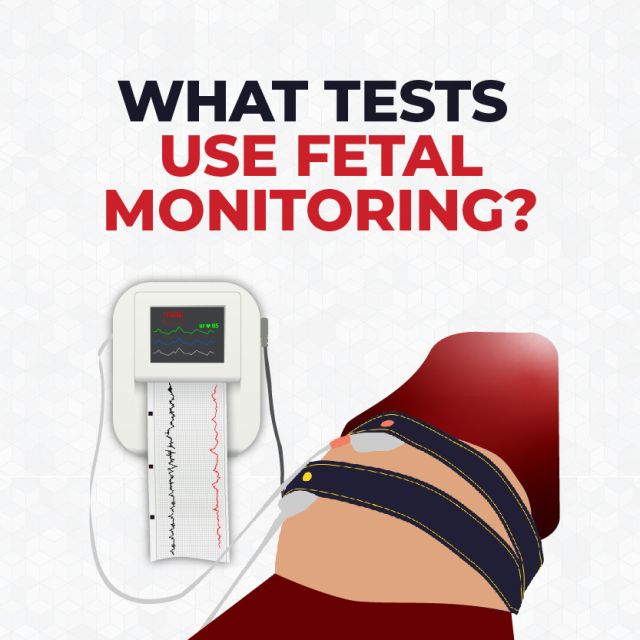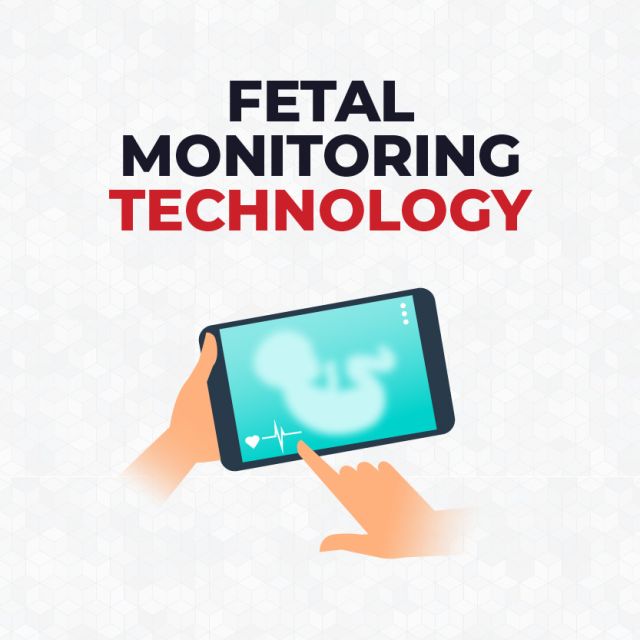What Tests Use Fetal Heart Monitoring?
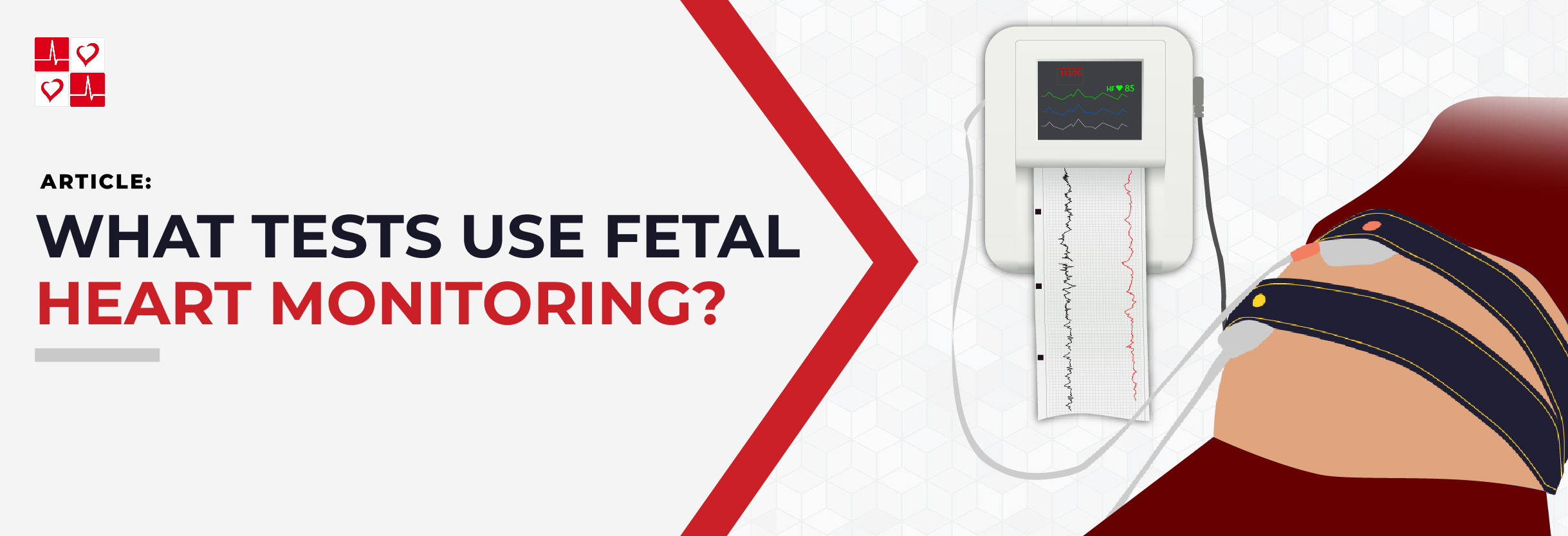
Introduction
Throughout pregnancy, fetal monitors can monitor fetal heart rate to provide crucial information about a baby’s health. What types of tests use fetal heart monitoring? In this article, we’ll cover how these tests evaluate overall fetal well being.
Non-Stress Test (NST)
A non-stress test (NST) is a noninvasive prenatal test commonly performed during the third trimester of pregnancy to evaluate the heart rate and overall well-being of the baby.
The test typically lasts for about 20-30 minutes, during which the healthcare provider observes the fetal heart rate patterns for accelerations in response to fetal movement. To learn how to read a non-stress test, click here.
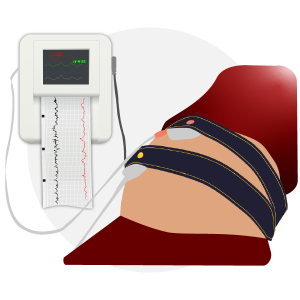
Biophysical Profile
A biophysical profile (BPP) is a fetal monitoring test that combines a non-stress test with an ultrasound and is performed in the third trimester of pregnancy.
Care providers may suggest a biophysical profile if a pregnancy is considered high risk, or if the mother meets certain conditions.
The biophysical profile evaluates fetal heart rate using a non-stress test. The other four parameters are evaluated by ultrasound, which include:
- Body Movement
- Breathing Movements
- Muscle Tone
- Amniotic Fluid Volume
Each component is assigned a score of either 0 or 2, with a maximum score of 10. For more information on what each score indicates, click here.
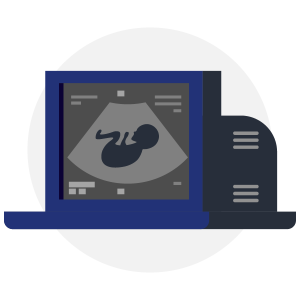
Contraction Stress Test
A contraction stress test (CST) is another type fetal monitoring test that checks the baby for signs of stress during uterine contractions. CST’s are commonly performed when a non-stress test or biophysical profile yields inconclusive or unusual results.
Typically, this test involves inducing contractions by administering oxytocin. If the baby’s heart rate stays low after the contraction, it could be a sign that they cannot tolerate the stress of labor contractions.

Conclusion
These fetal heart monitor tests are typically performed under the supervision of healthcare professionals, such as obstetricians or nurses. Non-stress tests, biophysical profiles and contraction stress tests are all helpful tools for making informed decisions about pregnancy management and delivery.



